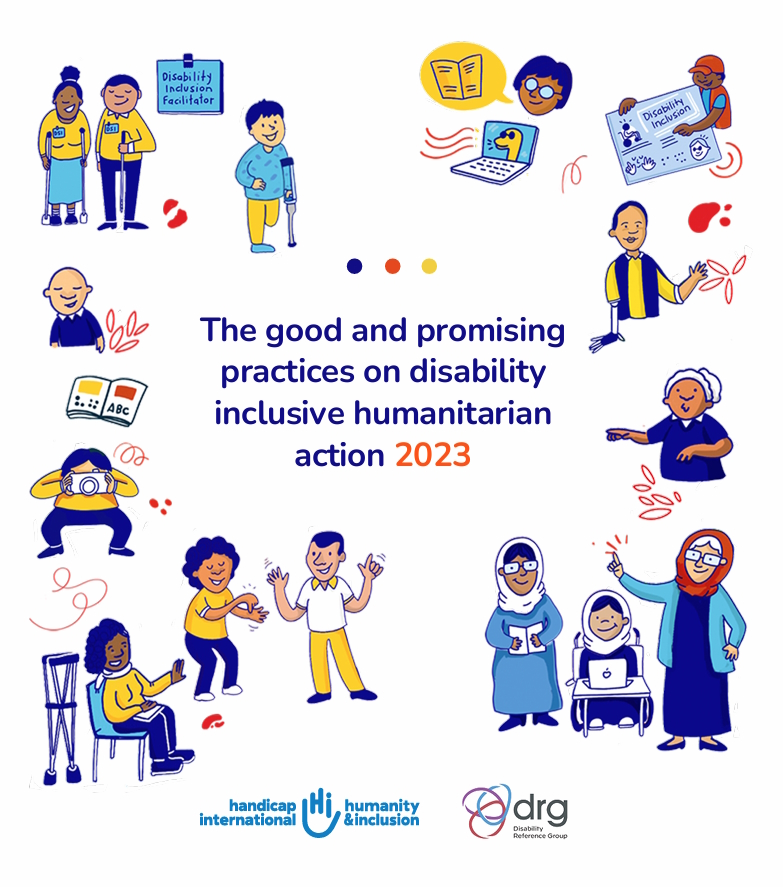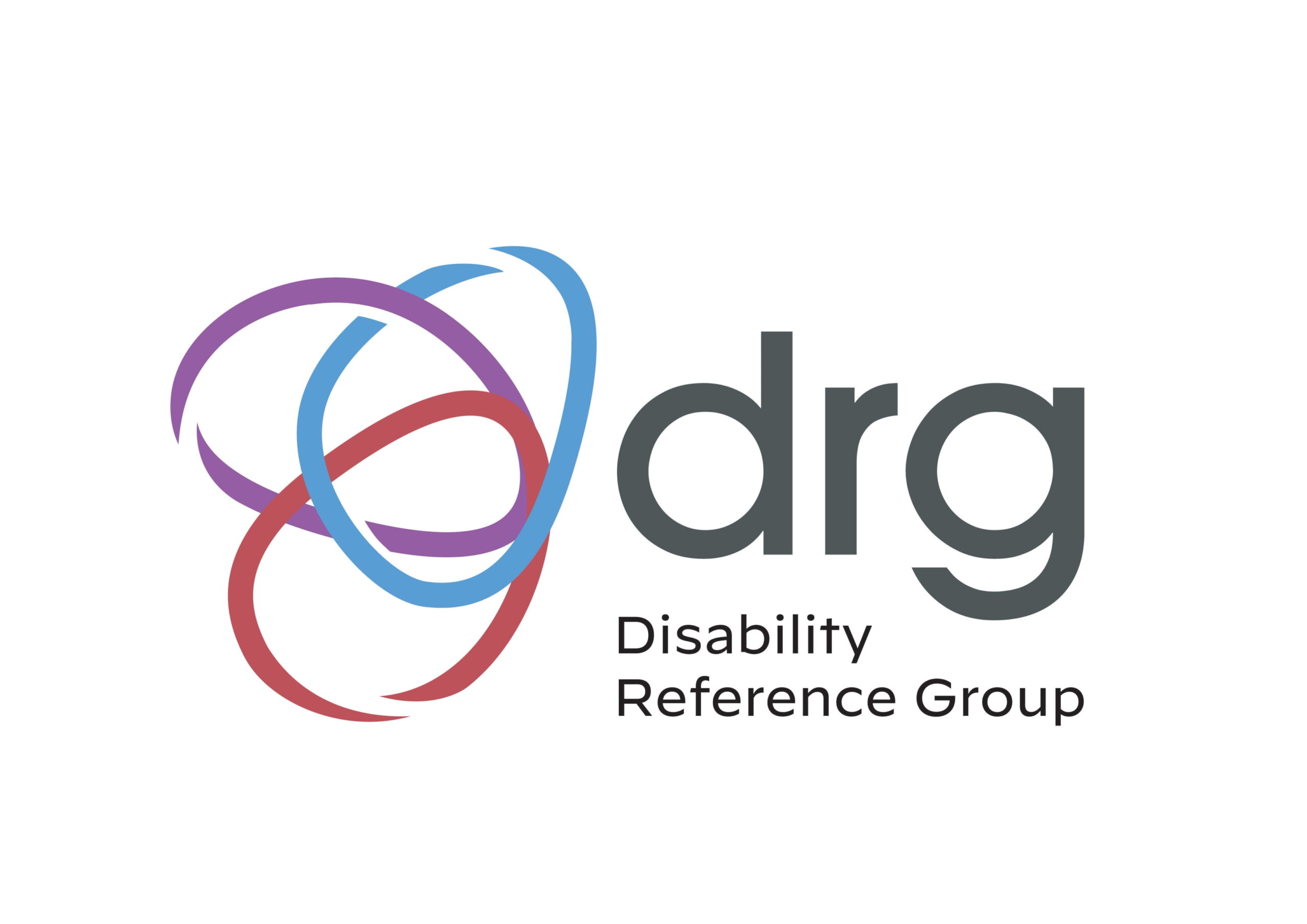Categories
Tags
Good and Promising Practices

Background
In 2022, the DRG Workstream 1 decided to collaborate on enhancing the available evidence on ‘what works’ for transforming existing humanitarian programming into disability-inclusive humanitarian programming. The workstream 1 is a group of NGOs, Organizations of persons with disabilities (OPDs) and UN agencies meeting every other month. Prior to the work on the Call for good and promising practices it has developed the DRG Learning Modules on ‘Introduction to disability-inclusive humanitarian action’ and collaborated with HI on the complementary E-Learning modules. The methodology for the process from calling for and selecting the good practices was developed collaboratively in the workstream 1. A selection committee which consisted of members of the DRG Workstream 1, the good practices holders and a jury consisting of seven members were engaged at different stages of a process to select the most promising good practices.
Target group for good and promising practice collection
Humanitarian actors’ technical and programming staff, from different sectors that wish to enhance their programming quality and reach and therefore want to feed their reflections & learning from practices around operationalization of the IASC Guidelines on Disability-Inclusion.
The objectives of the good and promising practice collection
- To enhance learning opportunities and evidence around good practices implemented by humanitarian actors to operationalize the IASC Guidelines on inclusion of persons with disabilities in humanitarian action, with a particular focus on the four must-do actions and twin track approach across different sectors.
- To ease learning and enhance networking between agencies, all selected twenty-two good and promising practices were documented in short briefs of 2- 3 pages and illustrated via graphic recording. The three top good practice holders who submitted the most promising practices will enjoy the opportunity to have their good practice further elaborated via a case study done by a consultant. These case studies will allow the wider humanitarian technical community to learn in-depth from the agencies and encourage replication and/or scaling initiatives.
The call and selection took place between Feb 2023- April 2024
